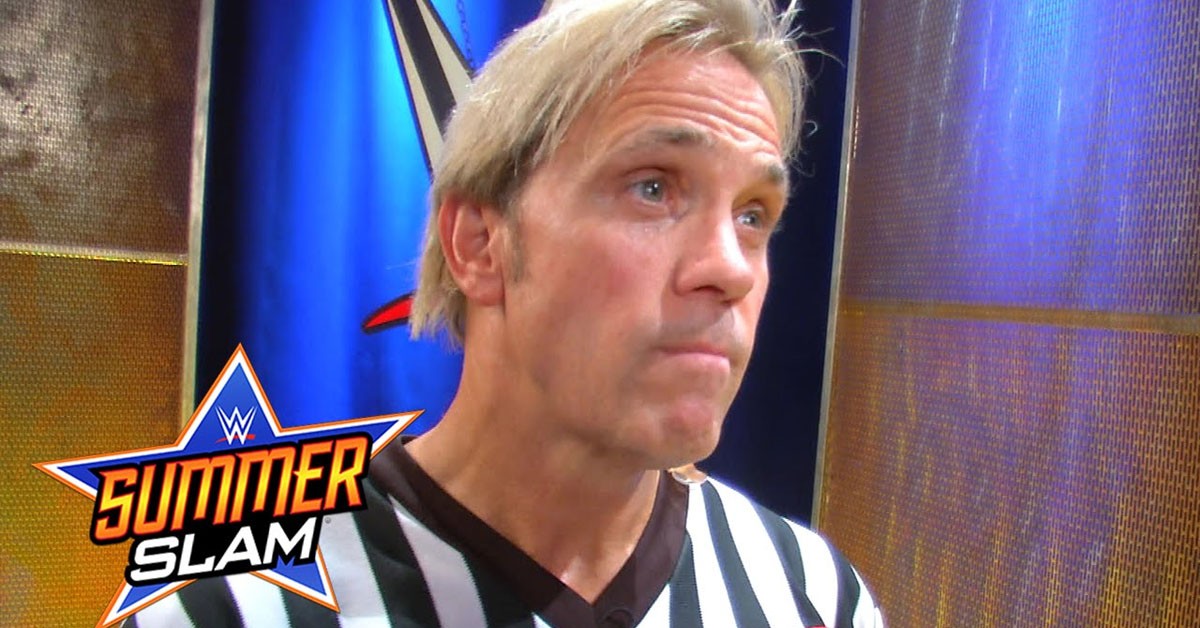The wrestling world was rocked by the unexpected death of Hulk Hogan at the age of 71 due to cardiac arrest. What could have been a moment of collective grief instead opened the floodgates to long-held grievances. To understand the resentment toward Hogan, we must travel back to 1986, just before Wrestlemania 2. During this pivotal time, wrestlers were classified as independent contractors, lacking health insurance and retirement benefits. The grueling schedules took a toll on their bodies, leading to premature endings to many careers.

Jesse "The Body" Ventura, a wrestler and visionary, recognized the need for collective bargaining and rallied his peers to unionize. He believed that if wrestlers stood together, they could demand fair treatment and protections. Ventura needed the backing of Hulk Hogan, the top draw in the industry, to make this plan a reality. Hogan's influence could have changed the landscape of wrestling for the better. However, the outcome was devastating.
Instead of supporting his fellow wrestlers, Hogan chose to inform Vince McMahon about the union plans. This act of betrayal not only quashed the union drive but also led to Ventura's firing Vince McMahon confirmed Hogan's role in this betrayal, stating under oath that Hogan had informed him of the union discussions. The implications of this revelation were far-reaching, solidifying Hogan's reputation as a self-serving figure in wrestling history.
In a 2024 Netflix docuseries, Hogan justified his actions by claiming he acted to protect the company, but critics criticized this was merely a cover for his self-interest. While Hogan amassed wealth, many of his colleagues struggled with basic healthcare and financial security. Ventura's recent comments on various podcasts reflect a fresh anger toward Hogan. Decades later, wrestlers still feel the impact of Hogan's betrayal, which delayed unionization and left them vulnerable to exploitation.
The fallout from Hogan's actions has had lasting consequences. WWE wrestlers remain independent contractors without full union protections, leading to high injury rates, lack of pensions, and overwork. The tragic stories of wrestlers like Owen Hart and Eddie Guerrero highlight the urgent need for change. As public awareness grows, social media users have labeled Hogan a "union buster," linking his actions to broader issues of labor exploitation in the entertainment industry. The recognition that Hogan's self-serving decisions have had deadly consequences has fueled ongoing outrage.
Hogan's backstage politics are legendary, often described as unmatched in scope. He wielded significant influence, rewriting scripts and vetoing storylines to ensure he remained the focal point of promotions. The Rock's revelations, coupled with decades of testimonies from fellow wrestlers, paint a picture of a man willing to sacrifice anyone to maintain his position at the top. This isn't merely a tale of jealousy; it's a systematic pattern of betrayal that has shaped the wrestling industry for decades.


